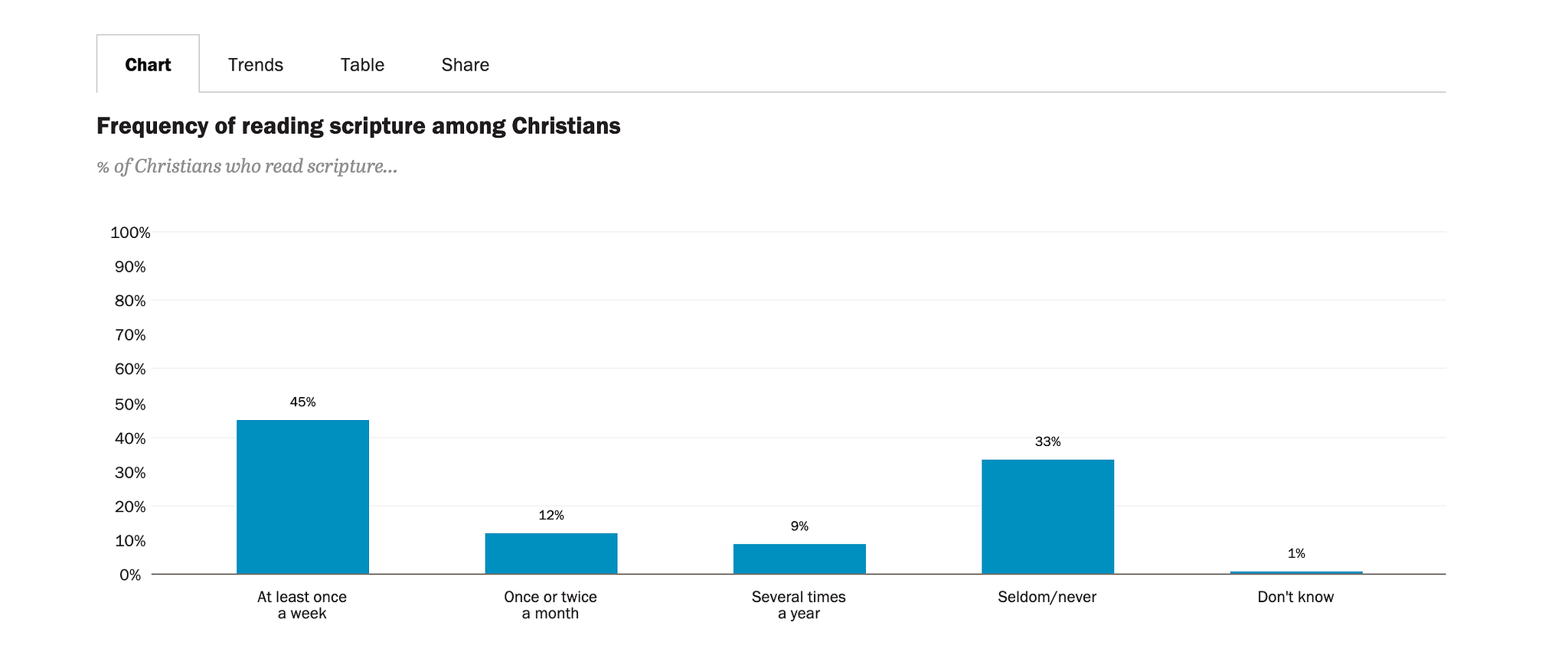B.I.B.L.E.
the bible codeThen he said unto them, O fools, and slow of heart to believe all that the prophets have spoken: Ought not Christ to have suffered these things, and to enter into his glory? And beginning at Moses and all the prophets, he expounded unto them in all the scriptures the things concerning himself.
I'm a drunk. I don't drink anymore but when I did, it was a problem. A few years after not drinking, I was driving a newly minted convert to sobriety to an appointment.
John asked me: "Do you know what the Bible means?"
John is a terribly interesting guy and never should be forstalled when he has a point to make.
"No, John. What does it mean?"
After a long pause, he gave his answer with all the solemnity of a coroner's report.
"Basic Instructions Before Leaving Earth."
I nearly drove off the road in laughter. I grew up in world where the Bible was the center of worship. And we had a large number of formulae, heuristics, and proof texts for apologetics and I never had heard that one. It was delightful.
'Basic Instructions Before Leaving Earth' is a common backronym, I guess. Hell, GZA made a track so titled. I'd never heard it before. But Wu-Tang has a ponderously large catalog. It's not great, like most pop-imagined Christian songs.

John did raise a point. What is the Bible? How do you read the Bible? Most Christians don't have a great answer to this question, but then they don't read their Bibles all that often. American Christians (and for the most part this is who I will almost always be referring to when I use the term 'Christian') are quite convinced that the Bible is important and many believe it is literally written by God.
Imagine believing that the Creator and Sustainer of all things wrote a book and not just any book, but a book ostensibly about how to live and flourish and you have it readily available to you, yet you likely spend more time watching TV or doomscrolling than reading it.

It's no wonder most Christians are at a loss when it comes to how to approach the Bible in a formal manner. This is not to say, of course, they lack a hermeneutic, a way of understanding Scripture, but rather it is under-articulated. When American Bible-believing Christians have articulated their hermeneutic, they have come down on the side of a literal, Biblicist interpretation.
The Biblicist interpretative framework comprises a number of textual commitments. I'll be addressing some of these commitments as I work through the lectionary readings. But I wanted to discuss my own commitments as well. And in this post my primary commitment.
All things in creation, including the Bible, point to Christ. Christ is the Alpha and the Omega. Christ is protology and eschatology. Everything is about Jesus. In fact, everything is Jesus.
This is my primary commitment and I think the primary commitment anyone claiming the name of Christian should hold. Jesus Christ is the hermeneutical lens we use to understand all things. From cosmology to marriage, to bread, to botany, to Biblical studies. This is the Bible's own manner of understanding itself. On the road to Emmaus, Christ appears to some of his followers after his ressurection. They do not recognize him. He teaches them how all Scripture pointed to the events that had them unsettled that day, the torture and execution of their Messiah. Still his followers do not recognize him. It is only when he breaks bread with them do they come to know that the figure who they have been spending time with is in fact their risen Lord.

In the Gospels, Christ is an enigmatic figure. Whether he clearly states who he is or obsfucates who he is, none of his followers are capable of understanding his identity. Peter's own confession of Jesus as Christ and Lord lasts only but a moment before Christ rebukes him as his adversary for not truly understanding what his confession entails. (A thoroughly Christian experience.)
Christians like to think that if they read the Gospels they will come to know who Christ is. They think if they can put together an index, a series of proof texts, or a florilegium, they can then have an understanding of who Christ is. But if the very men and women who heard Christ say the things in their index of proof texts, witnessed what Christ did in those proof texts, the wondrous miracles, could not understand who Christ is, what chance do we have removed by culture and history? Do we really think we can know Christ by reading some accounts of his life?
Now I've shown part of my hand. And its fundamental problem. I claim to understand Scripture you must read it through Christ and toward Christ. And yet, where do we come to know Christ save through the Scriptures themselves? Isn't this an enormous exercise in question-begging? Maybe. We will have to see.
